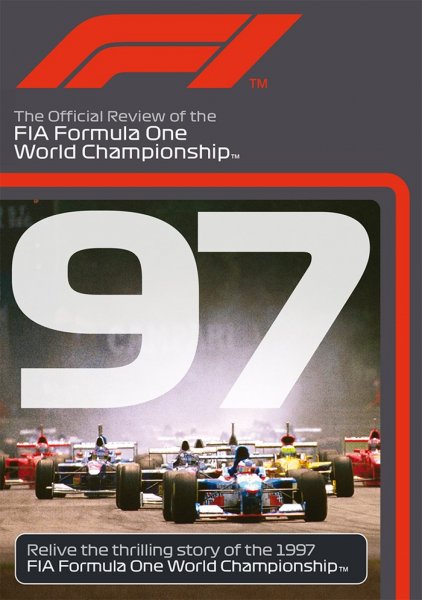The Rise of F1 Films: Racing into Cinematic Fame

Introduction
The world of Formula 1 has transcended beyond the racetrack, capturing the hearts of fans worldwide through compelling narratives in film. With the recent surge in interest surrounding F1 films, including hit documentaries and biopics, the merging of motorsport and cinema has never been more relevant. Given the sport’s ability to captivate audiences with speed, rivalry, and the human spirit, these films not only celebrate racing but also explore the personal stories of the drivers and teams behind the scenes.
Recent Trends and Releases
In recent years, films like “Rush” (2013) and “Ford v Ferrari” (2019) have received critical acclaim and box office success, reigniting global interest in motorsport storytelling. More recently, the documentary “Formula 1: Drive to Survive” has played a crucial role in bringing F1 to mainstream audiences. The Netflix series, which offers an insider’s view at the sport, has led to a surge in fandom among younger viewers, resulting in record-breaking ratings and viewership. The show’s production team has masterfully crafted narratives that highlight not only the intense on-track competition but also the intricate off-track relationships and conflicts.
The Cultural Impact of F1 Films
The impact of F1 films extends well beyond entertainment. They have spurred greater engagement with the sport, improving attendance at races and increasing viewership figures across various platforms. Moreover, these films have elevated the profiles of lesser-known drivers and teams, introducing audiences to compelling stories of perseverance, rivalry, and teamwork. Such portrayals have, in turn, led to a broader discussion about the issues facing motorsport today, including gender representation and environmental concerns.
Future Prospects
Looking ahead, the future of F1 films appears promising, with film studios eager to capitalize on the sport’s narrative potential. Several projects are currently in development, promising to shed light on both historical and contemporary figures within the sport. As technology continues to advance, filmmakers are also finding new ways to immerse viewers in the high-octane world of motorsport through virtual reality and interactive storytelling. The blend of cinema with interactive experiences will likely attract even more fans, bridging the gap between spectators and participants.
Conclusion
In conclusion, F1 films play a pivotal role in shaping perceptions of the sport, bringing its exhilarating world to an even wider audience. With a rich history and a bright future ahead, these films not only entertain but also educate fans about the complexities and nuances of Formula 1 racing. As the intersection of cinema and motorsport continues to expand, it is likely that F1 films will remain a significant cultural phenomenon, drawing fans into the thrilling narratives that define this high-speed sport.









